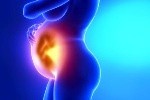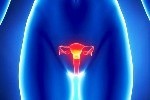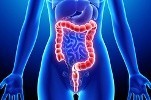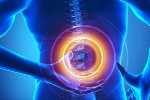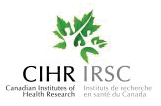Characteristic of Herbs
Herbs are classified in two major dimensions. The first dimension refers to the temperature characteristics of the herb, namely hot (re), warm (wen), cold (han), neutral (ping), and aromatic. The
second dimension refers to the taste property of the herb, namely sour (suan), bitter (ku), sweet (gan), spicy (xin), and salty (xian).
These temperature and taste are important properties used in Chinese medicine. The practioner has to match up the proper herb or food with the proper diagnosis of the patient.
Function vs. Properties of Herbs
The various combinations of temperature and taste give the herb its properties that can influence the yin and yang energy patterns of the body. For example, sour, bitter and salty tastes are
related to function of boosting blood circulation and moving stagnation whereas acrid, sweet are attributed to produce energy and tonify the deficiency of body.
It is also important to understand that herbs do not possess one quality. They are most always a combination of properties and temperatures and may reach one to as many as twelve organ systems. This
is different theory with conventional medicine, however, modern medicine is getting to receive the theory of Chinese medicine and use it to recover the mystery of human body.
- Sour taste are often indicated for use in perspiration due to deficiency, protracted cough, chronic diarrhea, seminal and urinary incontinences, leakage or spermatic fluid, and other conditions related to hypo-metabolism (under-performance). In traditional Chinese medicine, they are seen as deficient or cold patterns.
- Bitter possesses the function of clearing heat, purging the bowels, lowering the qi, improving appetite and drying dampness or wetness. Bitter herbs are commonly used in fire-heat patterns, such as the acute stage of infectious disease, and the patterns of damp-heat or damp-cold, such as in arthritis or leucorrhoea.
- Sweet has the function of toning, improving, moistening and harmonizing many of the important systems of the body, including the digestive, respiratory, immune and endocrine systems. Sweet tastes also relieve urgency and inhibit pain due to the constrictive action of muscles. They are commonly used for treating deficiency patterns such as dry cough, and dysfunction of the gastro-intestinal tract such as spleen and stomach disharmony.
- Spicy disperses, circulates qi and vitalizes blood. This group of herbs can stimulate the sweat glands to perspire, circulate qi, activate the function of meridians and organs and vitalize blood to promote blood circulation. As a whole, spicy herbs have the overall effect of activating and enhancing metabolism. Spicy herbs are commonly used in the treatment of external patterns (catching a cold), when the function of the meridian and organs is weakened and circulation of blood has been impeded. In traditional Chinese medical terminology, this is the stage of qi stagnation and blood cloudiness.
- Salty herbs have the function of softening firm masses and fibrous adhesions. The salty taste purges and opens the bowels. Salty agents are often indicated in sores, inflammatory masses, cysts, and connective tissue proliferation.
Contact Us
Chalmers Medical Building
328 Hwy 7 East Suite 201,
Richmond Hill ON L4B 3P7
Tel: 416 399-3888
E-mail: info@aahclinic.com
Conditions Treated
Effective Herbal Therapy for Inflammatory Bowel Disease
NO Surgery!
Carolyn XU Treats Ulcer Colitis Successfully
Considering Therapy?
Resource Links
References
Donation
Great things happen when you put your heart into it.
Click Here to Send us your request
Tips
Questions about your first appointment or if your insurance will cover the cost? Find more information below.


